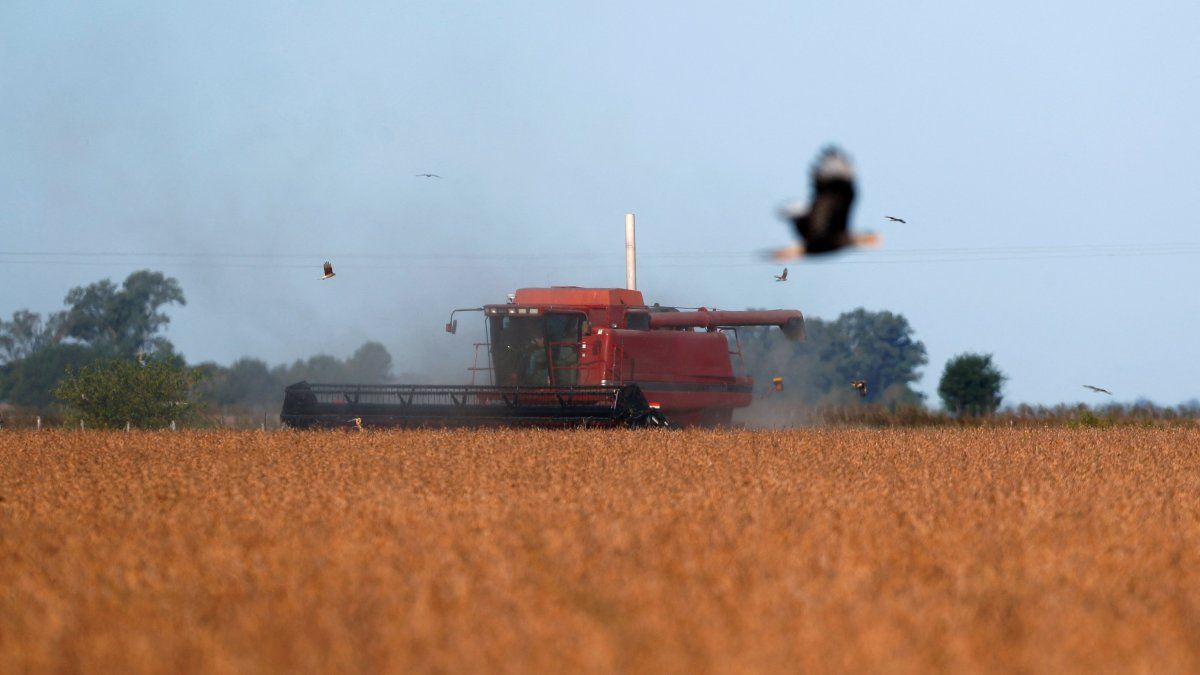The Government continues with the accumulation of dollars in the coffers of the Central Bank and it is expected that since April the currency settlement thanks to the harvest of the field, but a report made by the Buenos Aires Cereal Exchange (BCBA) details three measures that Javier Milei could take to achieve extra US$630 million.
As stated in the report, if the Government will eliminate the COUNTRY Tax, unifies the exchange rate and removes export duties, the area planted with wheat could increase in the new campaign 770,000 hectares and thus also increase the foreign exchange settlement.
This potential increase would be reflected in an additional increase of between 850,000 and 2.8 million tons in cereal production, which would also trigger the amount of dollars that producers exchange in the Single and Free Exchange Market (MULC).
“It is estimated that, depending on the scenario, The additional amount of foreign currency generated could range between US$190 million and US$630 million under conservative criteria,” detailed Ramiro Costa and Nicolás Jorge, who carried out the study.
The authors pointed out that the results could be increased even further since “improved profitability could also allow higher levels of fertilization, which would translate into higher yields per hectare”, and more surface area, also more tons and more foreign exchange if liquidate
In the report prepared by the Buenos Aires Grain Exchange, in addition to pointing out these three policies that could better boost agroindustry, They highlighted some measures that have already been taken and that generated confidence in the sector.
wheat4.png
The measures that favored the field
“There have been positive changes in economic policy, which has facilitated the reduction of the exchange gap. Furthermore, they have been observed significant improvements in the Argentine agricultural policysuch as the elimination of quantitative restrictions on exports, including “balance volumes” in grains, quotas and other limitations on exports,” they considered.
Costa and Jorge expanded that “a notable reduction in obstacles to imports of inputs has been achieved, thanks to the elimination of the SIRA. These rapid advances by the government towards the stabilization of the macroeconomy are worthy of recognition. “A stable macroeconomy is essential for long-term planning with confidence and certainty.”
According to the Grain Exchange, despite the drop suffered by different cereals in their international prices, If these measures are carried out, this disincentive in the price per ton could be compensated in addition to the exchange delay that occurs in the official exchange rate, which increases 2% monthly.
Source: Ambito




